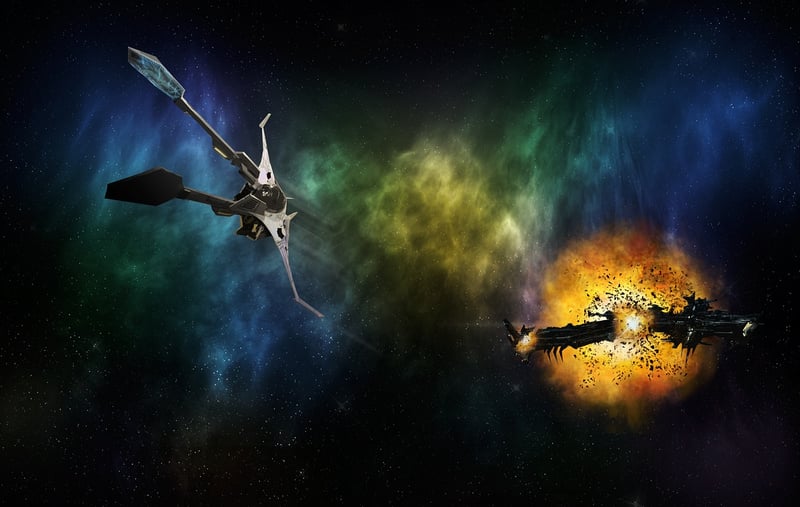Future Dystopias
Exploring Imaginative Narratives and Future Dystopias
In the realm of literature and entertainment, imaginative narratives set in future dystopias have captivated audiences with their thought-provoking scenarios and intricate world-building. These narratives often serve as cautionary tales, warning us about the potential consequences of current societal trends if left unchecked.
The Appeal of Future Dystopias
Future dystopias offer a unique blend of speculative fiction and social commentary, allowing creators to explore complex themes such as totalitarianism, environmental degradation, technological overreach, and societal collapse. By presenting exaggerated versions of our reality, these narratives compel us to reflect on our own values, choices, and the direction of our civilization.
Key Elements of Future Dystopias
- Oppressive Regimes: Many future dystopias feature oppressive governments or ruling entities that control every aspect of citizens' lives, fostering fear and conformity.
- Environmental Devastation: Imagined futures often depict a world ravaged by climate change, pollution, or resource depletion, highlighting the urgent need for environmental stewardship.
- Technological Intrusion: Advanced technologies in dystopian societies can lead to surveillance, loss of privacy, and ethical dilemmas, raising questions about the limits of innovation.
- Social Injustice: Dystopias frequently showcase stark inequalities, discrimination, and systemic injustices, prompting audiences to examine issues of power dynamics and social structures.
Notable Works in the Genre
Several iconic works have explored future dystopias with depth and creativity, leaving a lasting impact on audiences:
Imagining Our Future
While future dystopias can be bleak and unsettling, they also serve as a mirror reflecting our present realities and potential trajectories. By engaging with these narratives, we are compelled to consider the choices we make today and their implications for tomorrow. Ultimately, the exploration of imaginative narratives set in future dystopias encourages us to think critically, challenge assumptions, and strive for a more just and sustainable world.

Let us embrace the power of storytelling to envision diverse futures, learn from the warnings of dystopian tales, and work towards shaping a tomorrow that is equitable, compassionate, and resilient.
